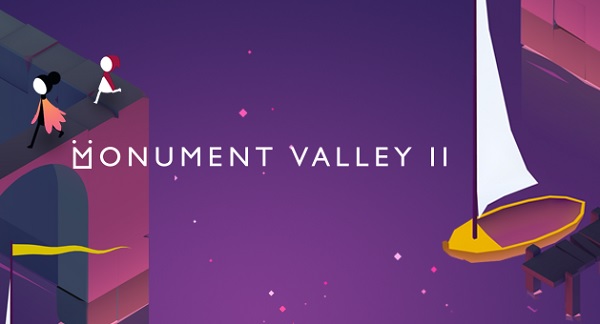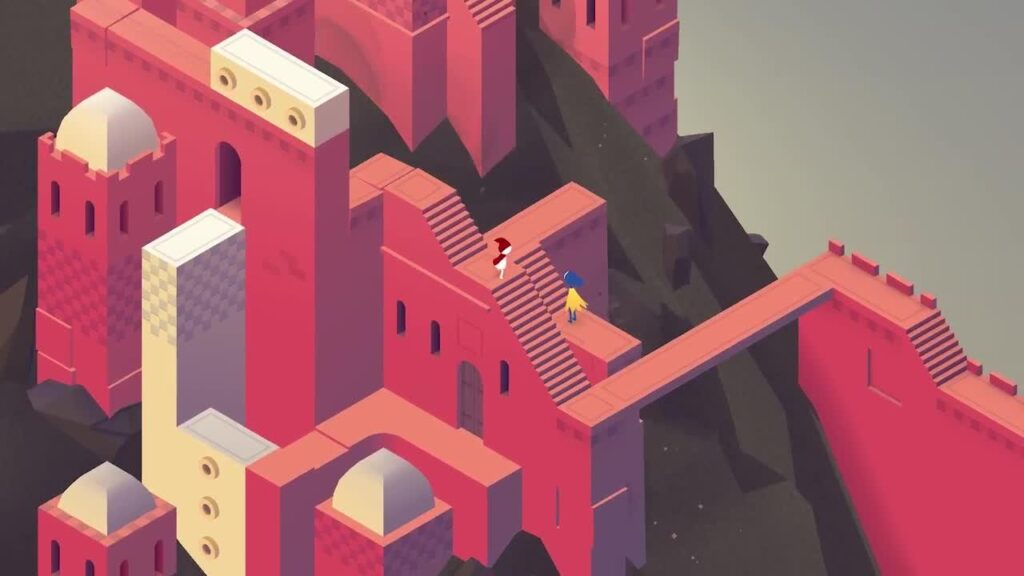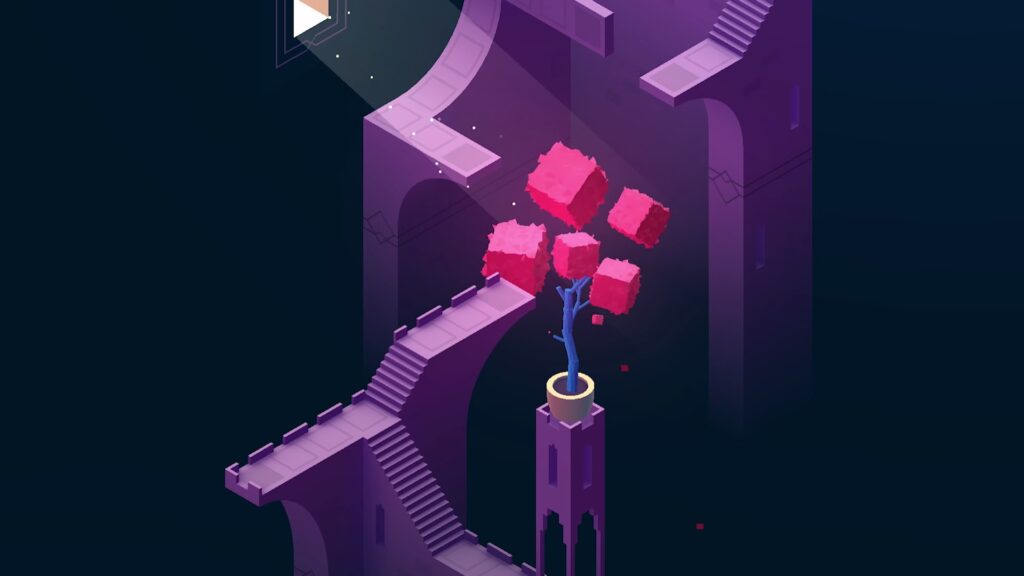Today’s news is that ex-Annapurna staff is acquiring the Private Division team. This means that Annapurna Interactive (the official one) will continue make “transmedia” things with contractors. Meanwhile, Take Two interactive will focus on live service PC and mobile games.
Win win for everyone. I hope this newly formed team do great things. Especially, I wish they start from small things. I have said this many times, I will repeat it: to me the games industry is like a forest.
And a forest to be healthy needs not only big trees. It needs also the underwood, the little mushrooms. The ants working everyday, the snakes representing a danger. Over the last 5-10 years the expectations from investments and media were just looking at the big trees like Roblox and Fortnite. But for Roblox and Epic to survive, a healthy ecosystem needs also small games. AA games, indie games, instant games. Small games.


